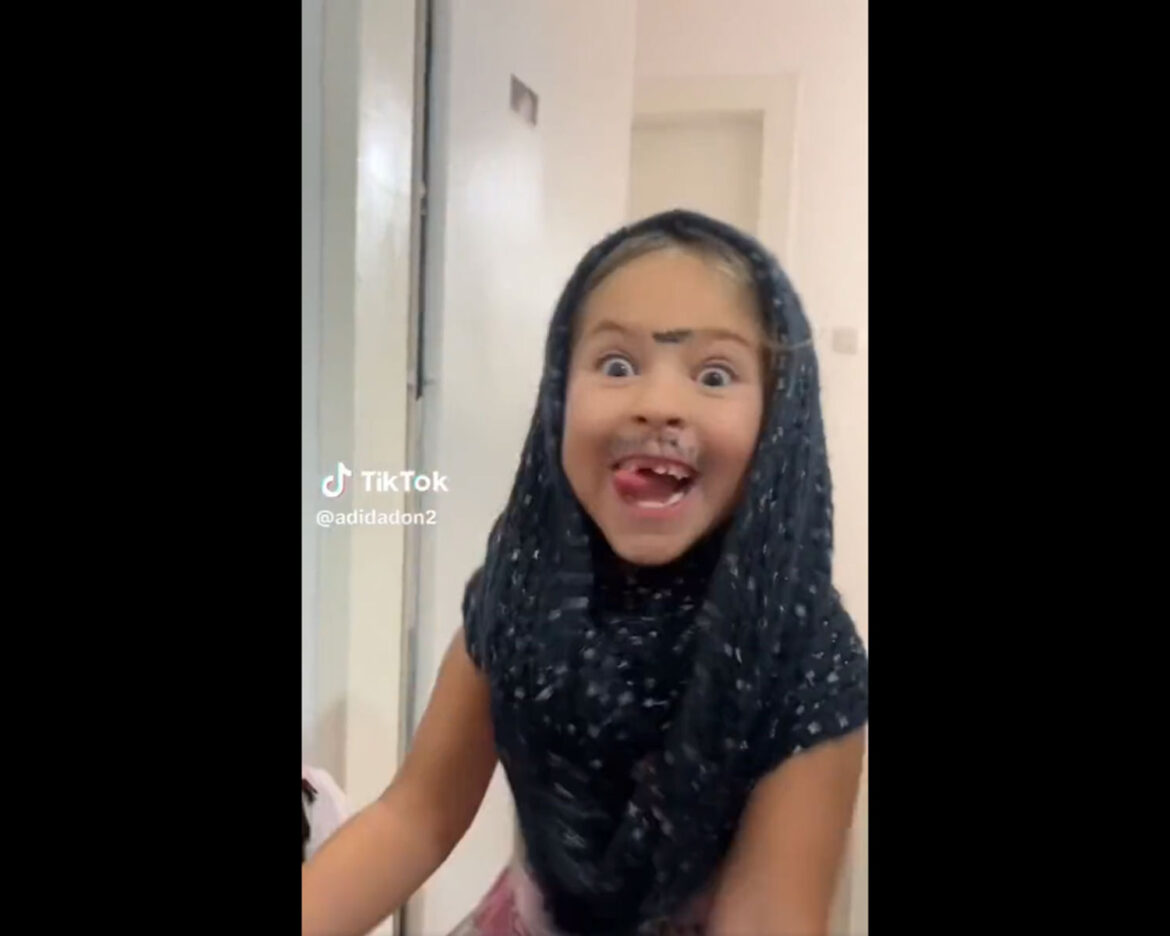A disturbing and highly problematic trend on TikTok. In this trend, some individuals in Israel are using the platform to mock and demean Palestinians, often through offensive content that targets their appearance, living conditions, and even their humanity.
- Mocking Appearance: Some TikTok users in Israel are creating content that makes fun of or ridicules the physical appearance of Palestinians. This is deeply disrespectful and reinforces stereotypes and prejudices, contributing to a hostile environment.
- Lack of Electricity: The mention of Palestinians having no electricity likely refers to the difficult living conditions in some parts of the Palestinian territories, where access to basic necessities like electricity can be limited. Mocking or making light of such hardships is both insensitive and offensive.
- Comparing to Dogs: Comparing people to dogs is an offensive and dehumanizing act. It reduces individuals to the level of animals and implies a lack of worth or dignity, which is completely unacceptable.
- Involving Children: The fact that some parents are involving their children in these trends is deeply concerning. It perpetuates negative attitudes and biases from one generation to the next and normalizes harmful behavior.
🇵🇸🇮🇱 A trend has swept TikTok where Israeli’s mock the appearance of Palestinians, the fact they have no electricity and some even compare them to dogs.
Many of these videos also show parents making their kids take part in the trend. pic.twitter.com/5arRADPIQl
— Censored Men (@CensoredMen) October 26, 2023
🇵🇸🇮🇱 Another video of Israeli’s mocking Palestinians in Gaza for having no water and electricity. pic.twitter.com/0YQ3t6kyuq
— Censored Men (@CensoredMen) October 25, 2023
It’s important to note that this kind of content is not representative of the entire TikTok community or any specific group as a whole. However, it is essential for social media platforms to monitor and take action against such harmful trends and content to promote a safe and respectful online environment for all users. It also underscores the importance of promoting understanding, empathy, and respect among different communities and cultures.



